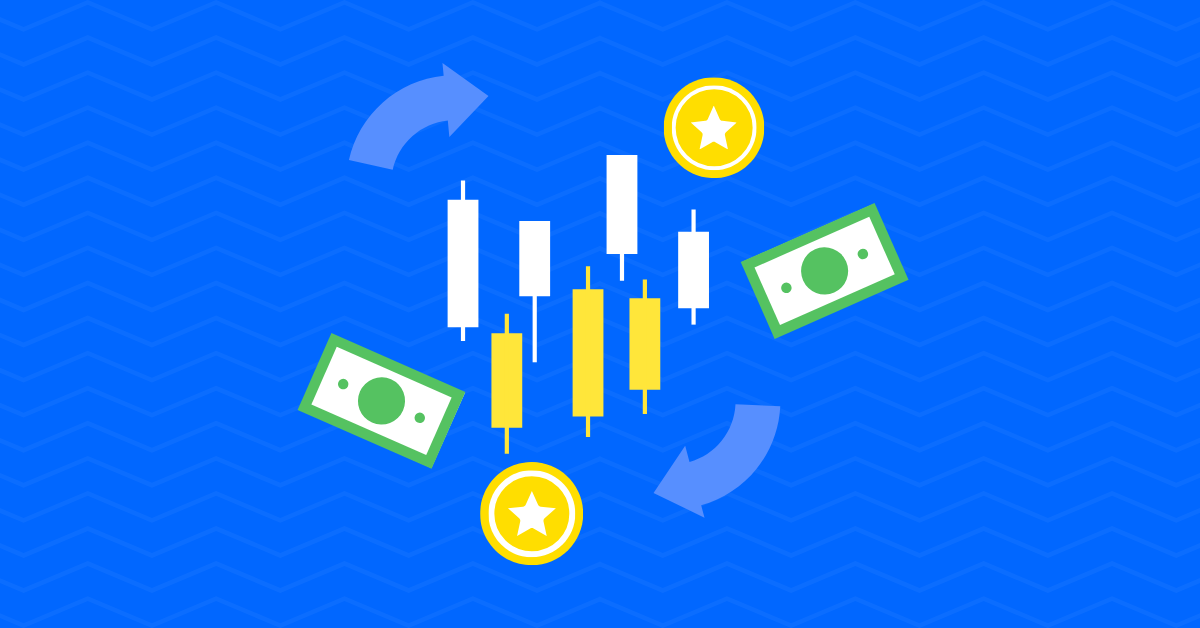
Say you’re sitting at a coffee shop, sipping your latte, and you overhear someone talking about Bitcoin.
They mention something about “buying it on an exchange.” Suddenly, your curiosity kicks in.
What’s a cryptocurrency exchange? Is it like a stock market? Or more like a currency exchange at the airport?
Don’t worry—by the end of this guide, you’ll not only know the answer but also feel confident navigating the world of crypto exchanges.
A cryptocurrency exchange is like an online marketplace. Here, people buy, sell, and trade cryptocurrencies, just like you’d trade baseball cards or buy a used bike on eBay. These exchanges connect buyers and sellers, allowing you to exchange one digital asset (like Bitcoin) for another (like Ethereum) or even for traditional money (like dollars or euros).
Some exchanges cater to beginners, making it easy to get started. Others are designed for advanced traders, packed with charts and tools that can feel overwhelming. So, where do you start?
There are three main types of crypto exchanges:
When picking an exchange, ask yourself:
What’s My Goal?
Are you just starting and need something simple? Or are you ready to trade like a pro?
Is It Safe?
Look for exchanges with strong security features like two-factor authentication (2FA) and cold storage.
What Are the Fees?
Fees can sneak up on you. Some exchanges charge for deposits, withdrawals, and every trade you make.
Does It Support My Country and Currency?
Not all exchanges work in every country or support your local currency.
What Coins Are Available?
If you want to buy a specific cryptocurrency, make sure the exchange offers it.
Once you’ve chosen an exchange, it’s time to set up your account. Here’s how:
Fees can feel like hidden traps if you’re not careful. Here’s what to watch for:
Trading on an exchange might seem intimidating, but it’s simpler than it looks. Here’s a quick walkthrough:
Here’s a pro tip:
Exchanges aren’t the safest place to store your crypto long-term. Why?
Because if the exchange gets hacked, you could lose your funds. Instead, consider:
The crypto world can be risky if you’re not careful. Here are some tips:
The world of crypto is evolving fast. New exchanges, features, and technologies pop up all the time.
Keep an eye out for:
Starting your journey into cryptocurrency exchanges can feel overwhelming. But with the right knowledge and tools, it’s manageable. Remember, take your time, do your research, and don’t rush into anything.
So, are you ready to take your first step into the crypto world? Choose an exchange, set up your account, and start exploring. The future of finance is at your fingertips.
A crypto exchange is an online platform where you can buy, sell, and trade cryptocurrencies like Bitcoin and Ethereum.
There are three types: centralized (CEX), decentralized (DEX), and hybrid exchanges, each with unique features and benefits.
Consider factors like fees, security, supported coins, ease of use, and whether it works with your local currency.
Ethereum creator and co-founder Vitalik Buterin has outlined 8 Ethereum Improvement Proposals (EIPs) that comprise…
The crypto market is falling again, down about 2% and now near $2.27 trillion. Bitcoin,…
On February 27, Bitcoin (BTC) was trading at $65,640, after failing to reclaim the $70K…
In past cycles, headlines like major institutional investments or global tech giants adopting blockchain would…
The XRP Ledger ecosystem is entering what could be its most important transition since its…
The Bitcoin Lightning Network just crossed $1 billion in monthly transaction volume for the first…